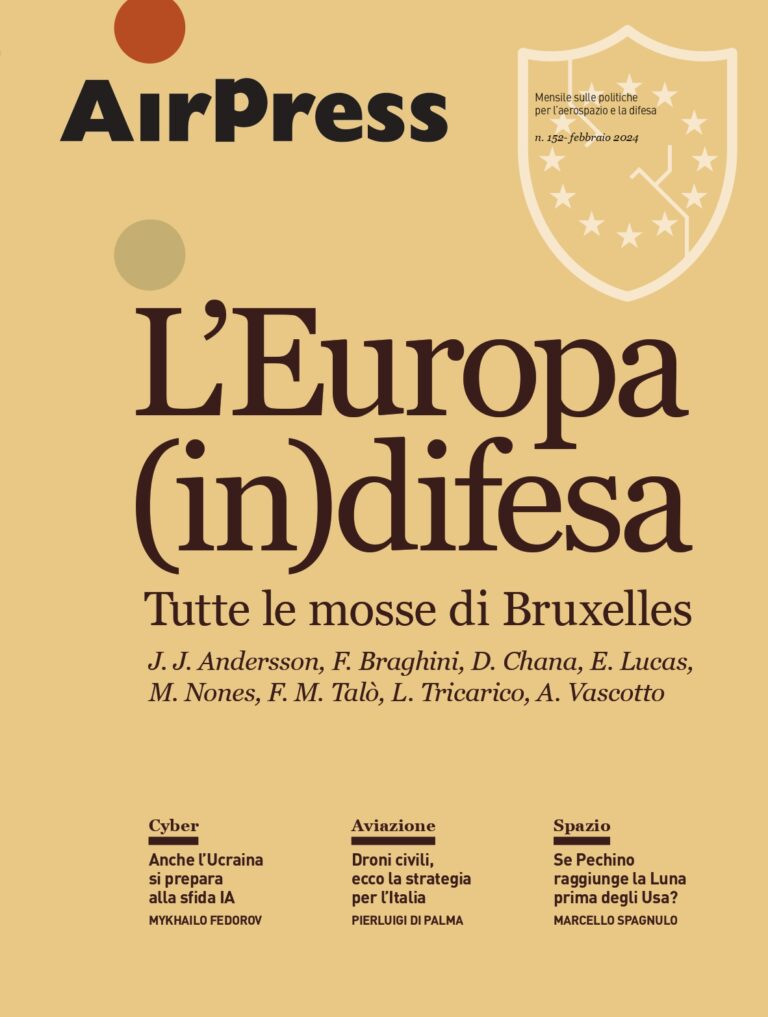In a few days, the Italians will be called to vote on a referendum regarding the slashing of MP seats, and in 7 regions out of 20 they will also vote their new regional governments. These appointments have the potential to reshape Italy’s political panorama.
The pandemic and the duty to bring Italy out of economic straits are only adding pressure onto the current government, for which this double vote could be a setback. It’s no coincidence that prime minister Giuseppe Conte is deferring controversial decisions, such as the ESM fund, until after this weekend.
Still, the general consensus is that not much will change come next week, as the last thing Italy needs, given the pandemic and the responsibility to kickstart the recovery through European funds, is the government falling.
This is not to say that said government is not bracing for impact, as it relies on a somewhat uneasy coalition between the anti-establishment Five Star Movement (5SM) and the centre-left Democratic Party, neither of which is projected to come out of this double appointment significantly stronger.
The 5SM, senior partner in the governing coalition, is the only party that stands to gain some advantage from the referendum passing, as it’s their brainchild and a flagship fight for them.
Their support has halved since the 2018 elections and their chances of winning one of the regional elections are almost non-existent; even so much as a low turnout in the referendum could further compromise their support, let alone a defeat. Which is why they are dealing in damage control by mainly campaigning for the referendum.
Meanwhile, many Democrat voters and representatives suffered stomach-ache when their leader Nicola Zingaretti supported the referendum for the sake of the coalition’s unity (at the expense of their own).
The centre-right coalition (at the opposition) is set to win big in the elections according to polls. Knowing that, the Dems are hoping to secure at least two out of the six disputed regions and managing expectations to frame that hopeful result as an acceptable victory.
If things play out as projections show, the Dems will lose some regions, the 5SM’s referendum will not bring back their former glory even if it’s passed. Either way, the coalition will be weakened.
All things considered, it’s become increasingly clear that the coalition will have to rely on some other raison d’être to justify their existence and avoid falling apart. That would have to be the EU, which is also the source of the €209 billion Recovery Fund with the potential to revamp the ever-ailing Italian economy.
In these crucial days before the double appointment, prime minister Giuseppe Conte and his team are discussing the recovery plan that will be presented to Brussels to access the Fund, perhaps as a way to divert attention away from faltering electoral support and towards the more pressing issues lying ahead.
The 5SM have dabbled in Euroscepticism in the past, but that’s over (except for the ESM fund, their glaring contradiction). The Democrats, on the other hand, remain staunch Europhiles, but to avoid stirring the waters before the upcoming electoral trial, they have deferred their flagship measures that would have brought them even closer to Brussels.
Both parties might also be due for a leadership shake-up. The 5SM will likely have a meeting with that aim in the coming months, and some Dems are vying for the same thing, although their leader has discounted the idea.
But the most “revolutionary” choice being deferred is whether to make the alliance between the two parties permanent as a way of exorcising the possibility of a centre-right takeover. The opposition is soaring in polls, and even if they won’t be able to claim victory this coming weekend, they represent an existential threat to both ruling parties.
Long story short, next week Italy might look slightly different. But if anything, once the electoral appointments will cease to hang above the ruling parties’ head, we will have a clearer idea of their future direction, and by extension, that of the country.






